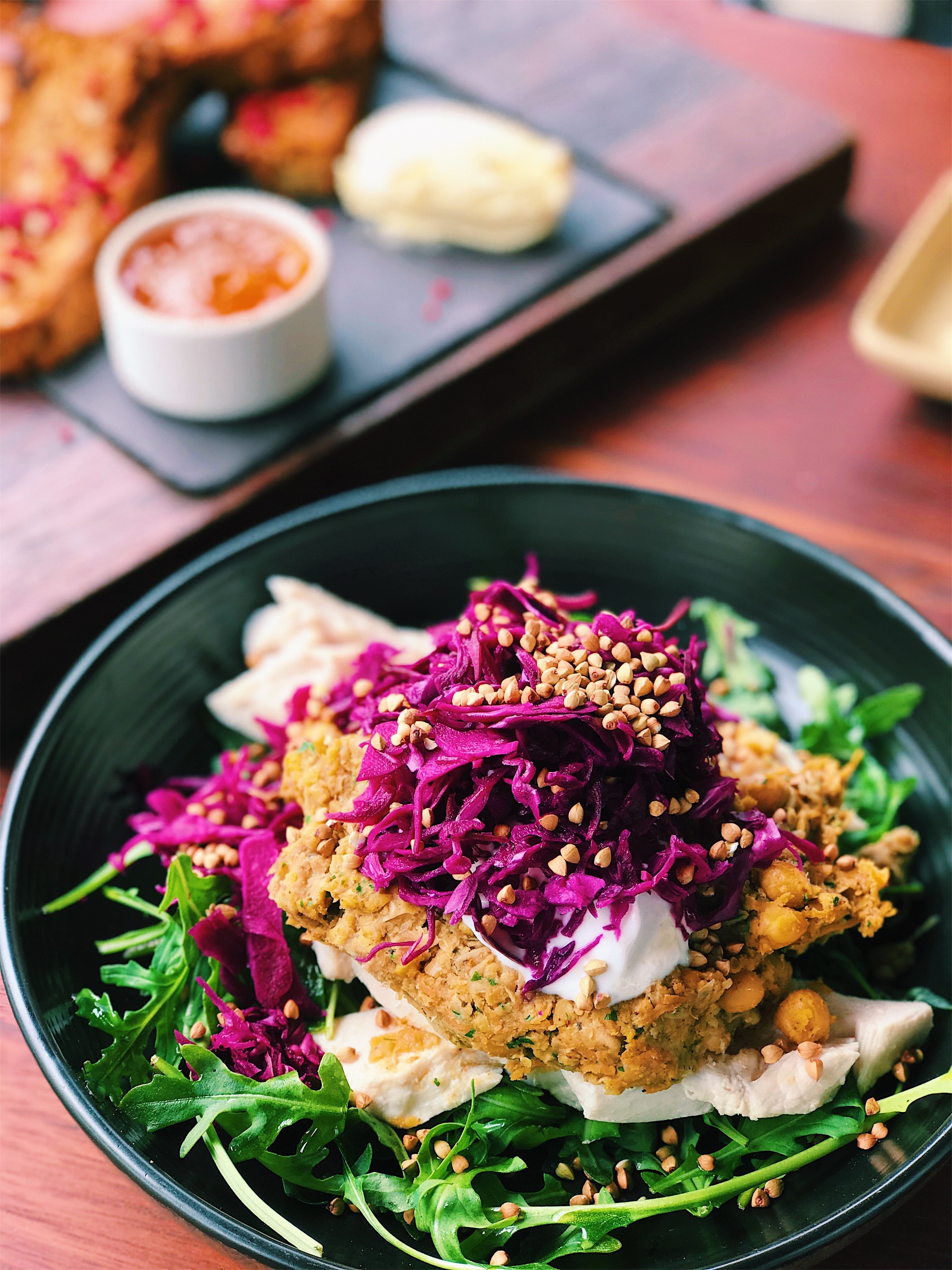Gut Bacteria and Health
Gut bacteria plays a vital role in our overall health, often referred to as the “second brain,” the gut is the largest immune organ in the human body.
The human gut is quite diverse, a healthy adult contains over 100 trillion microbes, with more than 1000 species of gut bacteria. A healthy microbiota has been linked to reducing the incidence of a variety of chronic diseases. Conversely, poor gut health and bad dietary habits may contribute to imbalances (or dysbiosis) of the microbiota leading to obesity, diabetes, and various types of cancer. Additionally, when examining the gut bacteria of lean to obese individuals, it appears that when obese individuals lose weight their gut bacteria starts to resemble that of lean individuals. While it appears that dietary choices have a significant impact on gut health, it is important to note that other factors such as stress, antibiotic usage, aging, and foodborne illness may impact the balance of a healthy ecosystem. Our gut bacteria has an immense potential to impact our health and prevent disease, thus food can truly be medicine when it comes to colonizing a healthy gut.
Probiotics
Often referred to as “good” bacteria, when consumed these tiny microorganisms populate the gut flora, and provide a variety of health benefits to the host well-being. Emerging research supports the role of probiotics in modulating our immune system. It appears that probiotics can interact with different immune cells in our bodies, leading to a positive immune response. Additionally, probiotics aid in the processing of vital nutrients, including vitamin K, vitamin B12, folic acid, and biotin. Other benefits of probiotics include adding in digestion, reducing certain allergy symptoms, and possibly lessening the symptoms of lactose intolerance.
Probiotic rich foods include:
Cultured dairy products like yogurt, kefir, and some aged cheese (like gouda or cheddar)
Fermented vegetables like sauerkraut or kimchi
Fermented soy products like tempeh and miso
Fermented beverages like kombucha (*watch for added sugars)
Dietary supplements (check with your doctor before supplementing). Recommend: Pure Encapsulations 50B or Align Probiotics (disclosure: the following contain affiliate links)
Prebiotics
Prebiotics are nondigestible components naturally found in certain foods that aid in fermenting undigested fiber, and promote the growth of friendly bacteria in your gut. Like probiotics, prebiotics also confer health benefits on the host, by aiding in digestion as well as enhancing the absorption of calcium and vitamin D.
Food sources of prebiotics:
Bananas
Oats
Garlic
Jerusalem artichokes
Chicory root
Onions
Leeks
Soy beans
Putting It All Together
Consuming prebiotic and probiotic foods together creates “synbiotic” functional food combinations, which may act synergistically to enhance immune response and provide positive health benefits on metabolism. Therefore, consuming bananas with Greek yogurt or sautéing garlic and onions with tempeh will bring both prebiotic and probiotic foods together. The human gut is a complex community of bacteria, and it is evident that proper nutrition can have a profound impact on keeping the ecosystem healthy and in balance.
Sources:
- Mayer, Nat Rev Neurosci, 2011
- Zhang et al., Int J Mol Sci, 2015
- Le et al., Nature, 2006
- Shreiner et al., Curr Opin Gastroenterol, 2015
- Pragnesh et al., Journal of Clinical Gerontology & Geriatrics, 2014
- Isolauri et al., American Society for Clinical Nutrition, 2001
- Gu & Li, Biosynthesis of Vitamins by Probiotic Bacteria, 2016
- He et al., J Appl Microbiol, 2007
- Kavita et al., J Food Sci Technol, 2015
